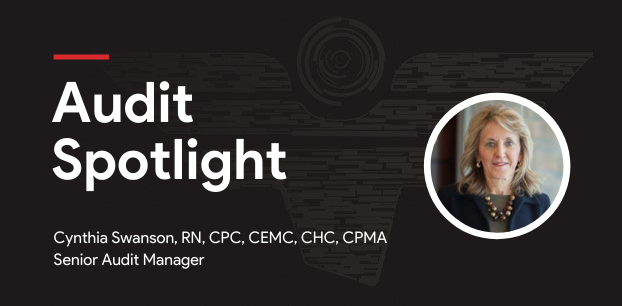
Freestanding Emergency Departments vs Urgent Care Clinics
Background
ClaimDOC’s comprehensive line-by-line auditing of claims uncovers errors that basic claim repricing and auto-adjudication does not catch, leading to greater savings for health plans and their plan members. Our audit team analyzes all types of healthcare claims for a variety of potential concerns including excessive usual and customary charges, duplication of claims, correct coding edits, unbundling of services, and many others. Our claims review is not intended to impact care decisions or medical practice.
In this Audit Spotlight, we focus on services and related charges provided in freestanding emergency departments and urgent care clinics.
Differences Between Freestanding Emergency Departments and Urgent Care Clinics
A freestanding emergency department, also referred to as a freestanding emergency center, is a facility that provides emergency care; however, it is structurally separate and distinct from a hospital. There are two types of freestanding emergency departments:
- A hospital outpatient department also referred to as an off-site hospital-based or satellite emergency department
- An independently owned freestanding emergency center.
Urgent care clinics are freestanding walk-in clinics typically open seven days a week with extended/variable hours from normal business hours.
Depending on where you reside, there may or may not be facilities designated as freestanding emergency rooms, while many states have designated urgent care clinics. Freestanding emergency departments are usually open 24/7, 365 days a year. Urgent care clinics are open on limited days and hours. Both freestanding and urgent care clinics provide urgent medical treatment and unscheduled, episodic care to patients who require timely care. Freestanding emergency departments charge both an emergency facility fee and a professional fee. Urgent care centers typically do not charge a facility fee, only a physician fee, as Medicare does not recognize urgent care as separate from any other outpatient physician office. Urgent care centers may bill as urgent care “global” services.
Both types of facilities accept most types of insurance and cash payments. The Centers for Medicare and Medicaid (CMS) does not recognize or reimburse freestanding emergency departments. (Except for licensed independent freestanding emergency departments choosing to enroll as a hospital during the COVID-19 public health emergency (PHE). State legislation and regulation for freestanding emergency departments change frequently with either no legislation or provisions for freestanding emergency departments in states with significant legislation (for example, Texas, Colorado). Many states do not have specific regulations for urgent care clinics – the rules that apply to opening a medical office, such as medical licenses, business licenses, and registration of x-ray/lab equipment, are applicable. Other states do have regulations specific to urgent care clinics.
Case Scenarios
Case 1
A 12-year-old male plan member was seen in a freestanding emergency clinic in Texas for the diagnosis of acute pharyngitis.
UB-04 claim form/electronic equivalent was billed for the following services: CPT code 99283 – level three ER visit – $9,656, CPT code 94760 – measurement of blood oxygen level – $644.28, HCPCS code A4670 – blood pressure monitor – $78.32
- Total freestanding emergency department charges $10,378.60
- ClaimDOC pricing $287.50
- Plan Savings: $10,090.50
- Percentage of Savings: 97%
Case 2
A 25-year-old male plan member was seen in an urgent care clinic in Missouri for the diagnosis of acute pharyngitis.
UB-04 claim form/electronic equivalent was billed with the following services: HCPCS code S9083 – urgent care global service – $546.
- Total urgent care clinic charges $546
- ClaimDOC Pricing: $311.67
- Plan Savings: $234.33
- Percentage of Savings: 43%
The Takeaway
Freestanding emergency departments and urgent care clinics differ in several important ways as outlined above. These differences should be considered when seeking healthcare and considering the costs of related medical services.
Egregious charges were observed on the above freestanding emergency room insurance claim. While physicians/practitioners may charge any amount they elect for items/services provided, egregious fees can complicate matters for members to understand their bills and payments, impact the collection of patient balances, build a reputation of facilities charging high fees, create burdens for patients having no insurance and a host of others.
Our goal at ClaimDOC is to use benchmark charges and costs nationally to negotiate fair and ethical payments. Employers turn to us to establish fair reimbursement rates for their plans allowing them to save money and provide richer benefits to their employees. A win-win for everyone.